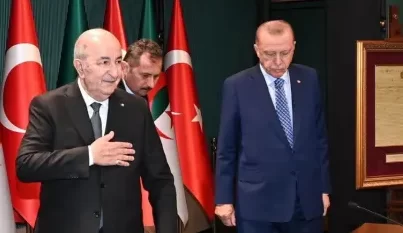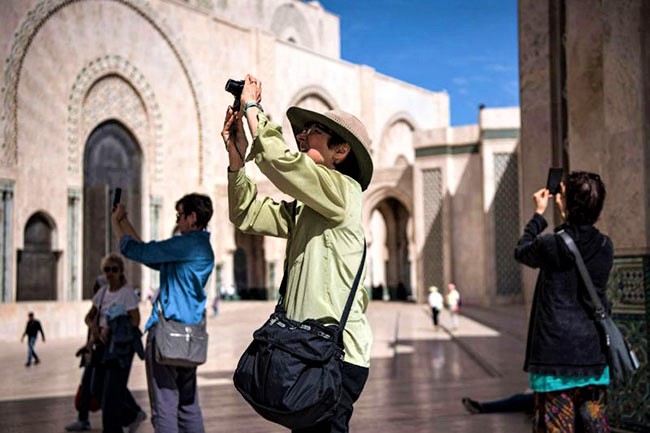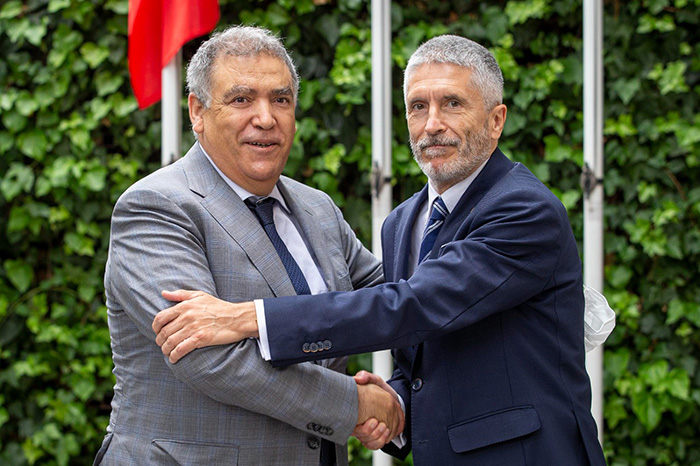Raul Castro, who is retiring from high public office, for most of his life toiled in the shadow of his older brother, Fidel Castro. Yet he also played a key role in Cuba's 1959 leftist revolution and the preservation of Cuban socialism.
While Fidel was the charismatic leader who rallied Cubans to defend the revolution and defy the United States, Raul, 89, built the military into a formidable fighting force that saw off enemies including a U.S.-backed invasion at the Bay of Pigs.
Later, after the fall of former benefactor the Soviet Union sent Cuba into an economic tailspin and left it politically isolated, he launched market-style reforms to its centralized economy and sought to normalize relations with Western powers.
But he leaves office amid an economic crisis that has caused shortages of even basic goods and is threatening the universal access to quality healthcare and education hailed by supporters of Cuban socialism as among the most important achievements of the revolution.
Former U.S. President Donald Trump unraveled a detente Castro reached with his predecessor Barack Obama and tightened the decades-old U.S. trade embargo. The rollout of internet has fueled internal dissent.
Still, some thirty years after the end of the Cold War, Cuba remains one of the last Communist-run countries in the world.
"Always preferring the supportive role to his brother and carrying out that role brilliantly, Raul eventually had to take on Fidel's leadership himself at a time when the revolution showed every sign of faltering," said Hal Klepak, a Canadian historian living in Havana who wrote a book on Raul's military life.
"That it is still there, wounded and shaken but still there, in the face of massively powerful forces out to destroy it, is no small part a result of his leadership."
Raul backed Fidel in his revolution against the U.S.-backed dictator Fulgencio Batista since the beginning in 1953, when they led a failed assault on the Moncada military barracks. Later he demonstrated his leadership in the guerilla uprising in the Sierra Maestra mountains that finally overthrew Batista.
In the early years of Cuba's one party system, he was known as an iron-fisted ideologue who was involved in the summary trials and executions of Batista supporters, and later the imprisonment of thousands of political prisoners.
He also built a rag-tag bunch of guerillas into a feared army that fought "anti-imperialist" wars abroad, most notably in Angola where Cuban soldiers helped defeat South African troops.
An early admirer of communism, it was Raul and Ernesto "Che" Guevara, the Argentine-born doctor turned Marxist revolutionary, who persuaded Fidel to seek support from the Soviet Union.
Source: Reuters






